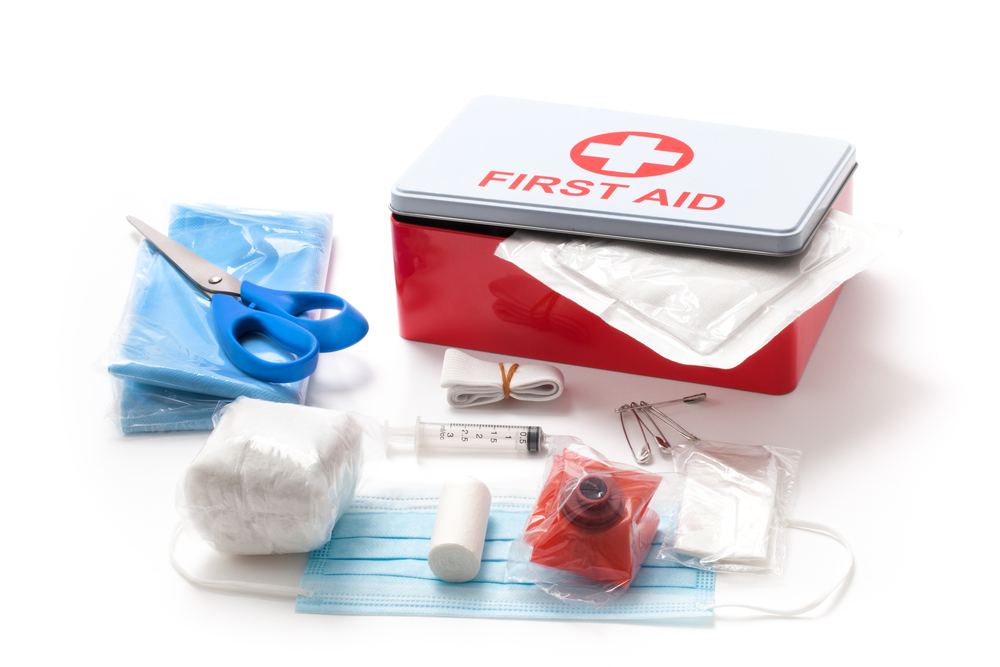Chapter 2 : First Aid BasicsThere are basic guiding principles that need to be followed in all First Aid emergency situations:
ConsentIt is vital that you do not provide First Aid to a person that refuses to give you permission. Follow these steps:
First Aid Kit:Your company may have a specific First Aid Kit. It is important to know where this kit is located. If you have your own First Aid kit – know where it is, keep it in a watertight container, and be sure to always check that no products have expired. |
|
There are basic guiding principles that need to be followed in all First Aid emergency situations:
It is vital that you do not provide First Aid to a person that refuses to give you permission. Follow these steps:
If the person refuses help, activate EMS (call 9-1-1).

Your company may have a specific First Aid Kit. It is important to know where this kit is located. If you have your own First Aid kit – know where it is, keep it in a watertight container, and be sure to always check that no products have expired.